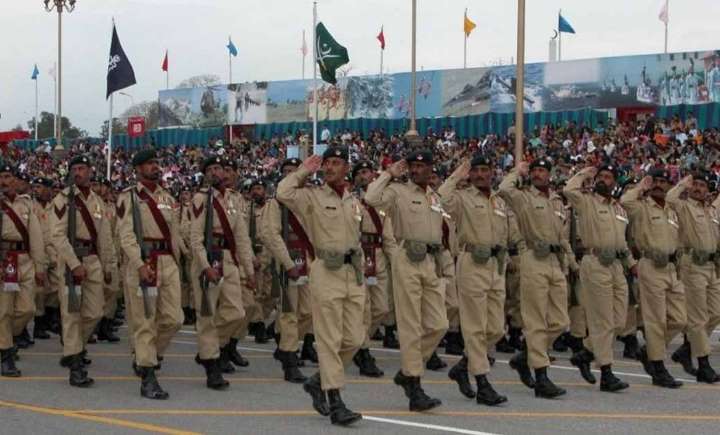
With its political institutions and the forces that inhabit them acting in opposition to one another to the detriment of the country, Pakistan has already been mired in what its experts refer to as a “poly-crisis” for the previous 13 months at least.
Putting the financial crisis first, the International Monetary Fund (IMF)’s much-needed rescue is still at least seven months away. Pakistan may stop paying its debts, which would lead to further restrictions. While this is happening, inflation, which is now between 26% and 36%, might make it harder for families to afford basic necessities like wheat flour.
Political unrest has been worse after the National Assembly no-confidence vote that brought down the Imran Khan administration in April 2022. It will continue until there are general elections. Khan’s main stipulation is that they be held early. This year’s National Assembly will exist till August. Only when the yearly budget has been approved in the third week of June can a decision be made. In the second week of August, when the National Assembly’s term ends, a constitutional dispute might arise if the administration and the opposition fail to set a date for the subsequent general elections. But the results of the elections can potentially leave none of the fundamental reasons for conflict unresolved. Pakistan has at least witnessed the losing candidate reject the election’s results and keep up their public protests since 2013. The situation can get more tense if none of the parties or coalitions win the majority.
The newly elected Shehbaz Sharif Government would first need to choose a caretaker administration. After launching a strong response to Imran Khan’s campaign, the army would need to approve the choice of who would man such a setup.
Many prominent officials conclude their individual tenure in between. Although President Arif Alvi’s tenure is set to expire in October, there are signs that, given his friendship with Imran Khan, he could step down before then in order to resume his political career.
The National Assembly’s ruling party and the supreme court have been at odds for the last several weeks. Bills that would have undermined the judiciary, in particular those that would have limited the Chief Justice of Pakistan’s authority, have either been withdrawn by the President or struck down by the Supreme Court. The supreme court is divided into factions. In October of this year, Chief Justice Omar Ata Bandial, who leads the ruling group that has overturned several government actions, including the incarceration of Khan and his followers, will step down.
Several high courts have also overturned several government decisions that the army influenced. Previously supporting the army, the judiciary now has a hostile relationship with it. Only with a new CJP might the situation become clearer. Khan’s well-known distaste towards Army head General Asim Munir is a major factor in the present conflict. Khan cited a specific ISI commander and charged him of attempting to kill him. Khan has also been attempting to start a dialogue, but Munir doesn’t seem to have taken him up on it. One of the most problematic aspects of the present issue is the connection between the army and Khan. The Sharif Government’s decision to let the army to employ military tribunals to punish people who assaulted military installations while Khan was momentarily arrested has drawn controversy. If Khan’s side enters negotiations, this may very well be a warning-cum-bargaining element. As a result of the departure of several of his senior party leaders and parliamentarians, Khan established a seven-person committee for that aim. Even if Khan’s PTI is about to split, the exodus is still going on.
This and other factors have made it possible for political forces to realign. Khan’s coalition is disintegrating, and the governing Pakistan Democratic Movement (PDM) may realign as well. The Bhutto-Zardaris PPP has expressed significant disagreements with Sharif’s party. The PDM convenor and steadfast supporter of the army, Maulana Fazlur Rahman, might possibly change direction.
Campaigning won’t be as usual. One fears more violence. It would be important to monitor the behavior of the many Islamist organizations.
Another unanswered question is how far the army would go to keep Khan out and/or prevent the PTI from running in elections. Analysts claim that the so-called “minus one” strategy to exclude Khan may not succeed and may even increase his popularity.






